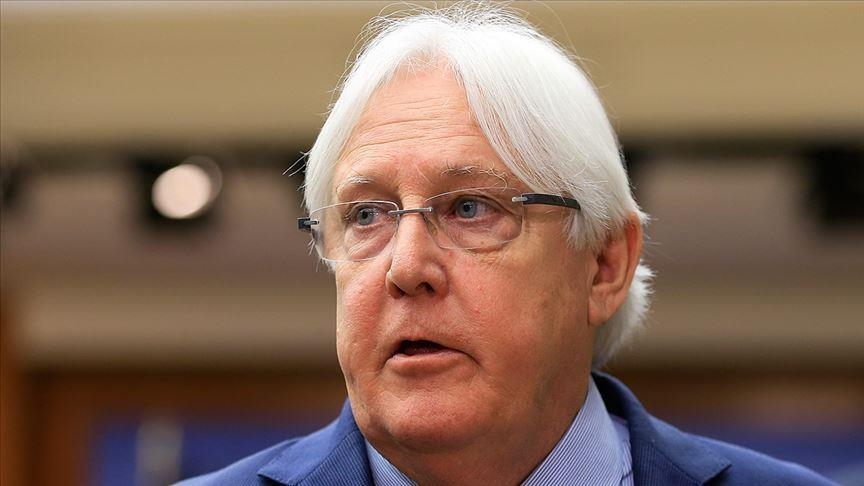Uganda’s plan to vaccinate against Malaria in final stages
KAMPALA, Uganda
Doreen Makaseli, 42, collapsed on her way to hospital in eastern Uganda.
Some good Samaritans carried her to the nearest medical center where she was admitted for three days.
“She had acute malaria when we admitted her. Her temperature was very high. Laboratory tests revealed that she had malaria. But we managed her and she recovered,” Edward Tulikawula, a paramedic, told Anadolu Agency.
Tulikawula chided patients who wait for malaria to incapacitate them before seeking treatment.
For decades, malaria has been killing Ugandans, especially women and children. Although the government has been trying to launch a nationwide campaign to eliminate it, it has failed to do so.
Malaria is transmitted to humans through the bites of mosquitoes. It affects red blood cells and is one of the leading causes of death among children and pregnant women in Africa.
Its symptoms are headaches, high fever, nausea, shivering and pain in the limbs and joints.
“Although malaria is a preventable disease, it is the main cause of death in the country. Many people, mostly women and young children, die at a high rate due to the disease,” James Mukasa from Uganda’s Health Ministry told Anadolu Agency.
Health Ministry statistics show malaria is still the leading cause of death in the country, accounting for more than 27% of deaths. The statistics also show that Uganda has the world’s highest malaria incidence at a rate of 478 cases per 1,000 people per year.
The government has distributed mosquito nets to people, but some people in villages do not know how to use them.
The use of select drugs to control mosquito larva has also not yielded good results.
Vaccination campaign
On April 21, Health Minister Jane Ruth Aceng, while at a parliament plenary sitting on malaria said the country has plans to start vaccinating people for malaria starting with children in 2023.
This came after a member of parliament, Timothy Batuwa, urged the government to strengthen efforts to eliminate malaria.
“We are on the verge of introducing the malaria vaccine. We are waiting for implementation. The vaccination will take place next year starting with children,” he said regarding the vaccination drive.
Batuwa said currently the budget for malaria fight is heavily donor-funded by the Global Alliance for Vaccines and Immunization (GAVI) and the US Agency for International Development (USAID).
“There will be a motorcycle ride to commemorate the day. The ride against malaria is to be at the Nambole stadium this Sunday,” he said. According to organizers, each participant will pay 30,000 Uganda shillings ($8) and the money collected will be given to malaria victims.
“Due to COVID-19, there will not be a national ceremony for malaria day. Each district will hold its own ceremony,” assistant commissioner of the National Malaria Control program, Jimmy Opigo, told Anadolu Agency.
The campaign aims to reduce malaria infections by 50%, morbidity by 50% and mortality by 75% by 2025.
Anadolu Agency website contains only a portion of the news stories offered to subscribers in the AA News Broadcasting System (HAS), and in summarized form. Please contact us for subscription options.


